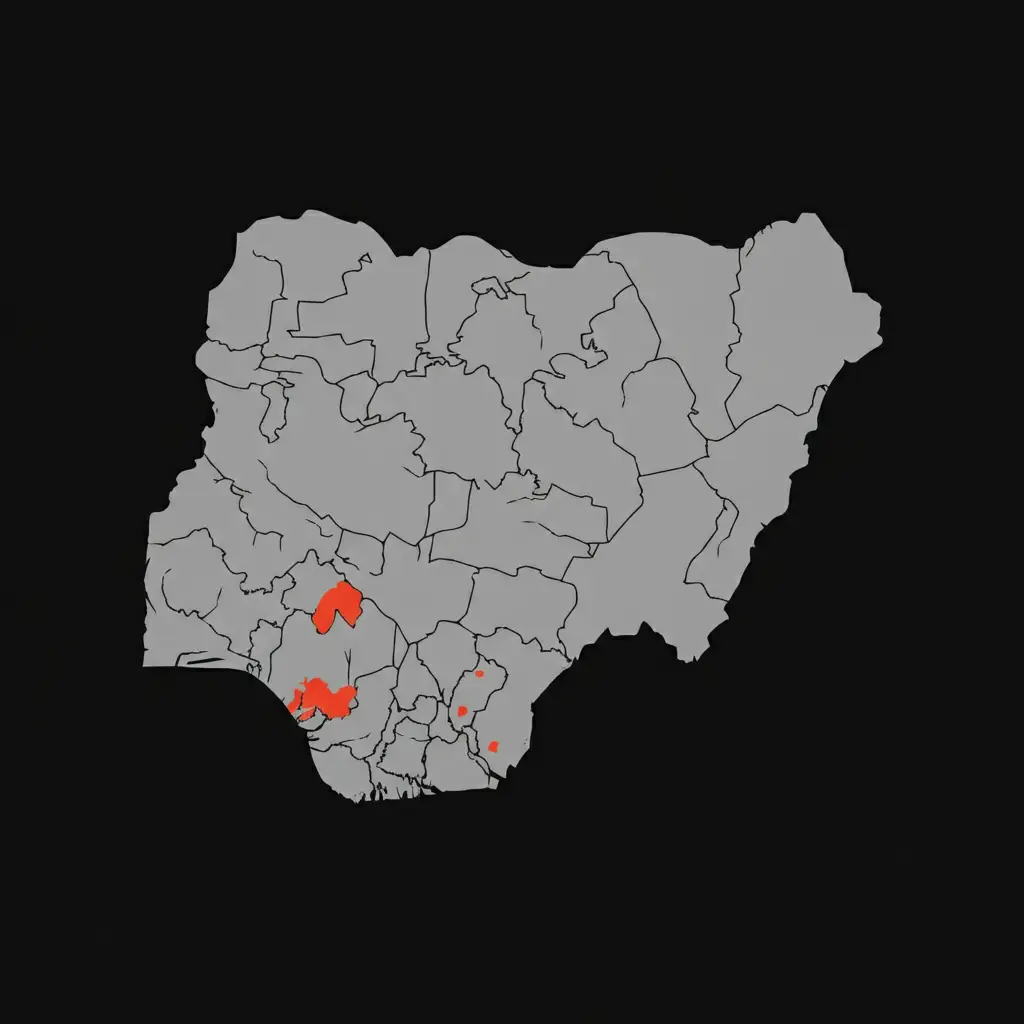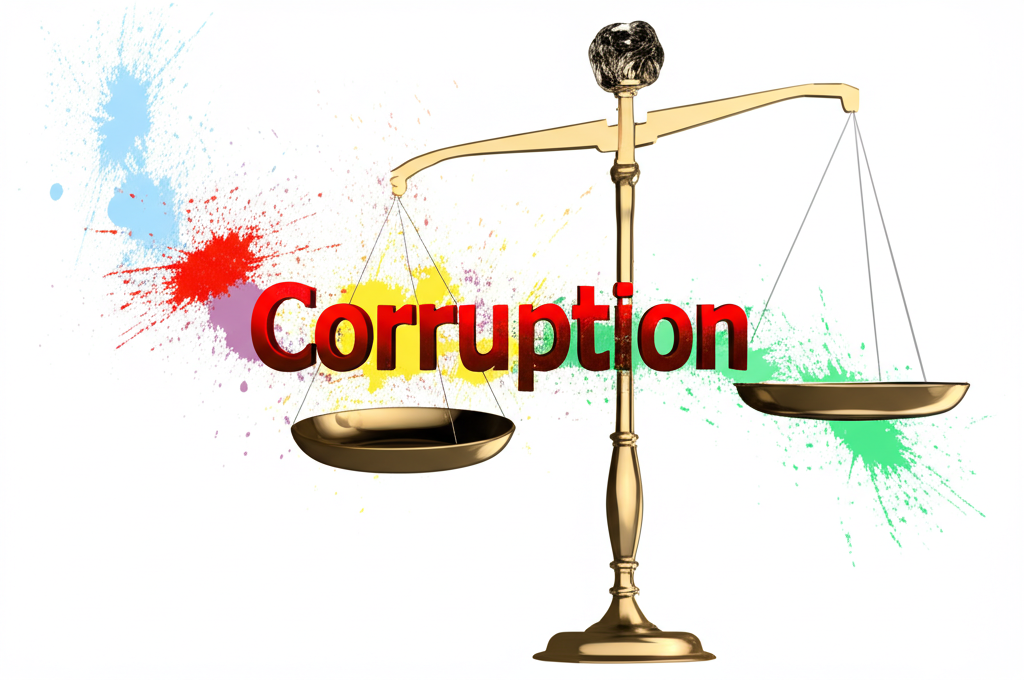Civil society organizations (CSOs) in Nigeria are expressing worry over the growing number of requests for new states, primarily driven by members of the National Assembly. These groups question the economic feasibility of creating more states and highlight potential risks, such as increased financial burden and political maneuvering. The current push for an additional 10 states has sparked debate about resource allocation, economic stability, and the motivations behind these proposals.
- CSOs question the economic viability of new states
- Concerns raised about potential for corruption
- Existing states already face financial difficulties
- Focus needed on improving existing structures, not creating new ones
The Push for More States: A Growing Trend
The clamor for the creation of new states in Nigeria is not a new phenomenon. Various groups have advocated for statehood based on factors ranging from cultural identity to perceived marginalization. However, the recent surge in proposals has raised eyebrows among CSOs who argue that creating more states without addressing existing economic challenges could exacerbate the nation’s financial strain.
Economic Viability: A Major Concern
One of the primary concerns raised by CSOs is the economic viability of these proposed states. Nigeria’s current 36 states already grapple with significant financial challenges. Critics argue that dividing existing resources further would only stretch limited funds even thinner, hindering development and potentially leading to greater economic instability. CSOs like the Civil Society Legislative Advocacy Center (CISLAC) emphasize the need for a thorough economic assessment before any new state is created, ensuring its long-term financial sustainability.
Potential for Corruption: A Looming Threat
CSOs also express concerns about the potential for increased corruption if new states are created without adequate safeguards. They argue that the creation of new government structures could create more avenues for embezzlement and misappropriation of funds. The current debate includes discussion around strengthening anti-corruption measures and ensuring greater transparency in governance at all levels to mitigate these risks.
Focus on Existing States: A Call for Prioritization
Rather than focusing on creating new states, CSOs advocate for prioritizing the development and improvement of existing states. They argue that investing in infrastructure, education, and healthcare within the current framework would be a more effective use of resources and lead to more equitable development across the nation.
Looking Ahead: A Need for Careful Consideration
The push for new states in Nigeria is a complex issue with far-reaching implications. While proponents argue for increased representation and localized development, CSOs urge caution, highlighting the potential economic and political risks involved. As the debate continues, it is crucial to prioritize thorough economic analysis, transparent governance, and the long-term well-being of all Nigerians.
Current Proposals and Their Status
Several proposals for new states are currently under consideration in the National Assembly, including:
- Tiga State (from Kano State)
- Adada State
- Etiti State (from parts of Abia, Anambra, Ebonyi, Enugu, and Imo States)
- Okura State (from Kogi State)
If these proposals are approved, Nigeria would have 46 states, a significant increase that necessitates careful consideration of its potential consequences.





